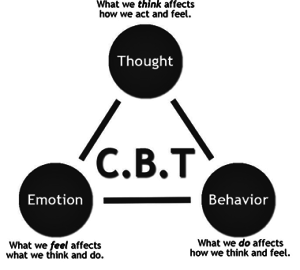About Dr Roy
Dr Roy Wyatt, DClinPsych. MSc. BSc. Hons. MAPS FCCLP
Clinical Psychologist
Registration No. 1129665
Roy is a registered Clinical Psychologist in Ballarat with over fifteen years counselling experience in a wide range of settings. He has worked in both public mental health settings, as well as for non-government organisations before working in the private setting.
Roy began his training at Victoria University of Wellington, in New Zealand. He completed his clinical training at La Trobe University in Melbourne, where he obtained a Doctorate of Clinical Psychology. He then moved from Melbourne to Ballarat become one of the growing number of Ballarat Psychologists operating in private practice, which is where he now continues to enjoy raising his family and being involved with the Ballarat community.
Roy is registered with the Australian Health Practitioner Regulation Agency (AHPRA) as a Clinical Psychologist.
He is also a member of the Australian Psychological Society (APS), and a fellow of the APS College of Clinical Psychologists.
Roy is also a Psychology Board endorsed Supervisor, which means he is qualified to provide supervision and training to other less experienced Psychologists and trainees.
With a primary Cognitive Behavioural (CBT) approach, Roy utilises best evidence-based practice to tailor specific therapies to individual clients. He uses a wide range of other psycho-therapeutic modalities where a CBT approach is either not indicated or has not worked for a particular client in the past.
Roy is a no nonsense Psychologist, known for his frank and honest approach to helping people.
Clinical Psychology
Clinical Psychology involves specialist training in the assessment, diagnosis and treatment of major mental illnesses and psychological problems.
However, first and foremost, Clinical Psychologists are Counsellors that help people talk through their difficulties and work out ways to overcome life’s challenges.
It is important to note that Clinical Psychologists are not medical doctors (unlike Psychiatrists) and are therefore unable to prescribe medications.
CBT
 CBT stands for Cognitive Behavioural Therapy. The central idea of CBT is that what you think and do affects the way that you feel. CBT is a way of counselling that helps people understand the links between thoughts, feelings and how they react to life’s stressors.
CBT stands for Cognitive Behavioural Therapy. The central idea of CBT is that what you think and do affects the way that you feel. CBT is a way of counselling that helps people understand the links between thoughts, feelings and how they react to life’s stressors.
CBT encourages making changes in our thinking and actions in order to improve the way we feel. It is a collaborative therapy that requires active participation by the client.
Lots of people find a CBT approache helpful with all sorts of different psychological difficulties.
